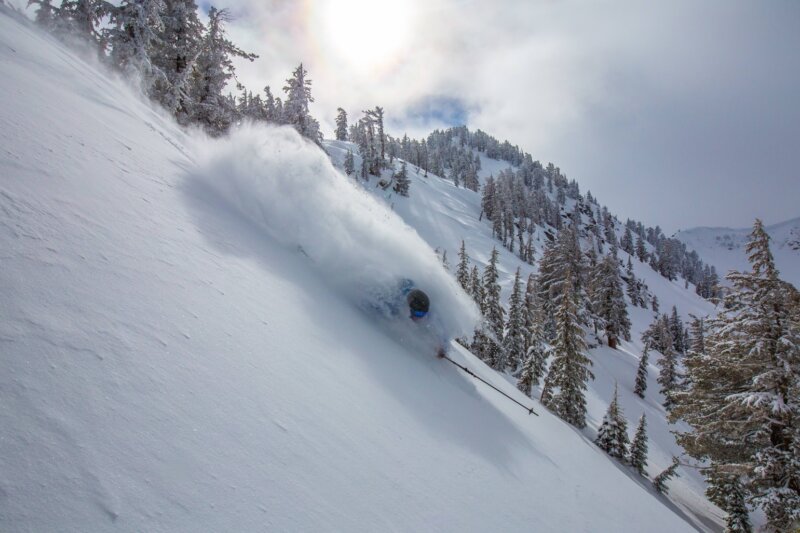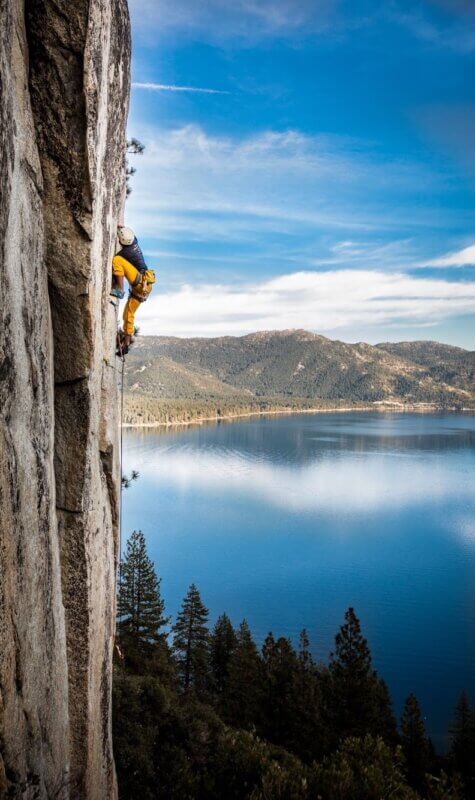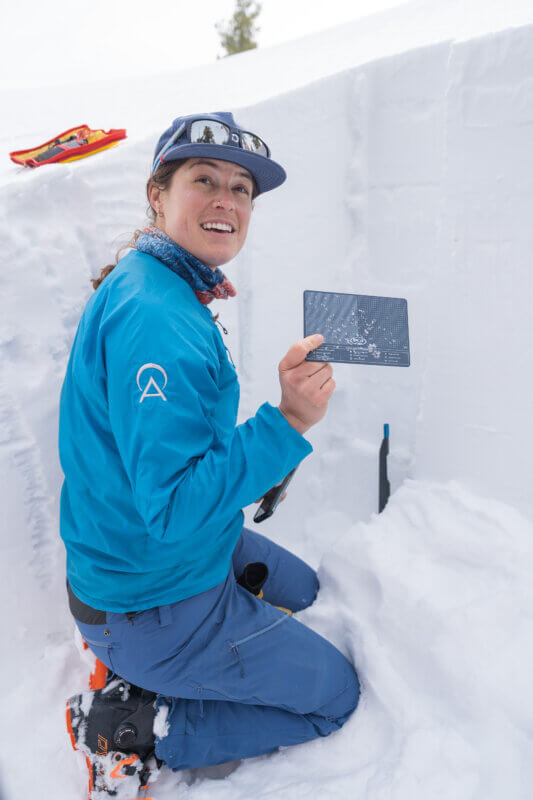Alpenglow’s Everest Approach Sets a New Standard for Ethical Climbing
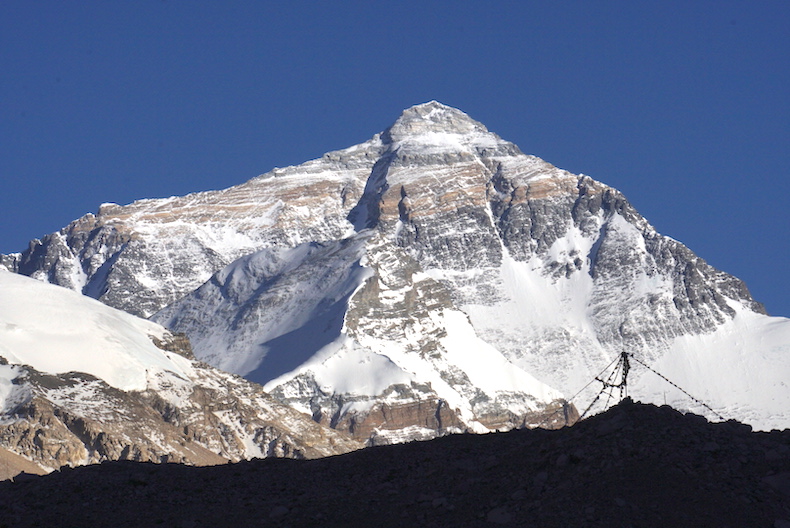
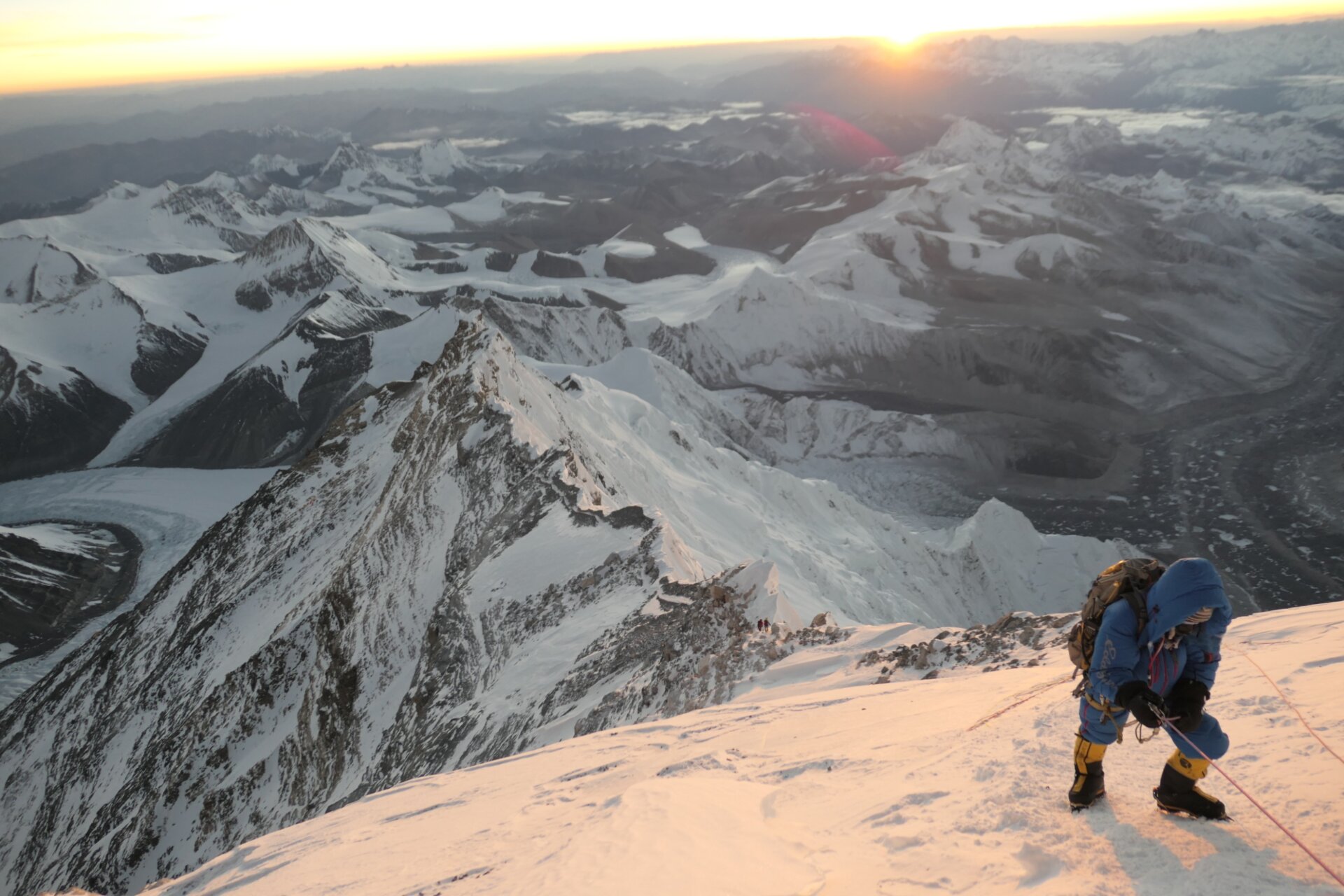
Adrian Ballinger is tackling Mount Everest like no one else in the industry. Through Alpenglow Expeditions, he is setting new standards in mountaineering for risk mitigation, environmental stewardship, and worker safety and inclusivity.
“At Alpenglow, we believe it is time for expedition companies to adopt, and their clients to ultimately demand, a higher standard,” Adrian says. “And by doing so, we can shift the industry away from cowboy-style, luck-based decision making.”
Having spent decades successfully pursuing the world’s tallest peaks, Adrian has helped drive the expansion of a climbing community mindset that sees the inherent value of pristine, high-altitude environments and the need to protect them. And more importantly, he leads the call to put that new ethos into tangible action in the mountains, including providing increased socioeconomic opportunities for the historically-marginalized groups who have been exploited by the industry.
Adrian has seen the often-sordid and dangerous underbelly of commercialized expeditions, and the unnecessary risks posed to every party member. The good news is that recent ugly images and discouraging reports from Everest do seem to be causing changes to how the mountain is climbed. While climbers have long been advocates for environmental stewardship, expedition companies are largely to blame for overcrowding, significant environmental impacts, and poor risk management leading to injuries and deaths.
Today, Alpenglow’s commitment to safety and integrity permeates every facet of operations. As an innovator and entrepreneur, Adrian sees opportunity rather than despair in the influx of climbers on big mountains. Knowing personally that big mountain experiences have the power to change lives for the better, Adrian sees risk mitigation as a crucial way to foster accessibility. Safety is the great equalizer: if everyone is safer, the sport and everyone in it benefits.
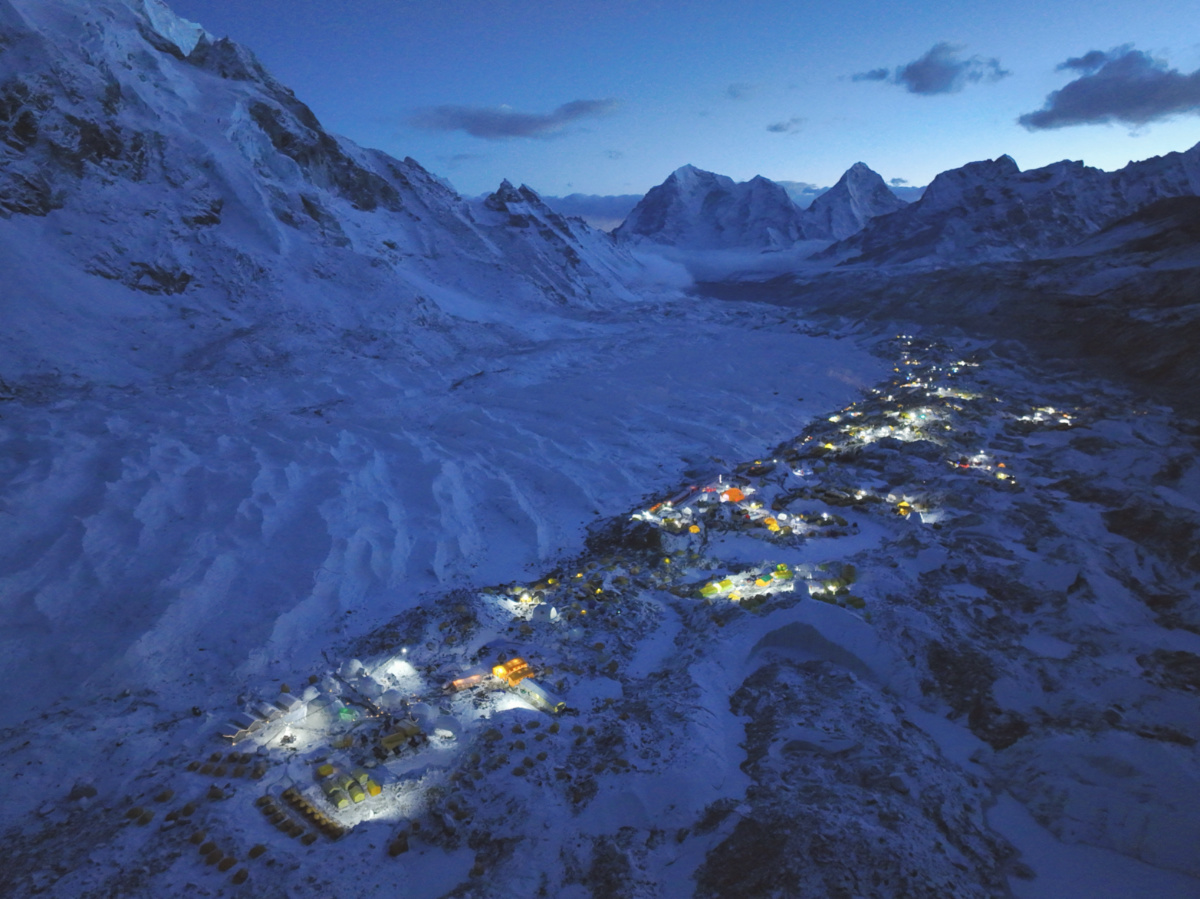
“It is the risk factor that makes for a more profound, meaningful experience,” Adrian believes. “But if risk is an inherent and essential component to these trips, we also have to acknowledge that it is our job to minimize risk and accidents to the greatest degree possible so that people survive the experience and share it with others.”
“And this applies to every member of every expedition team. At Alpenglow, an accident to any member of our party—guides, high-altitude workers, porters, Sherpas—those are absolutely equivalent to a client accident. And an accident involving any member of our team is unacceptable.”
Alpenglow has put these beliefs into practice. The company only climbs Mt. Everest from the uncongested North Side using their proprietary Rapid Ascent™ system, through which a full Everest expedition can be completed in 35 days door-to-door. This approach minimizes risk, relies on top accreditation and guide standards, provides premier logistics and support, and maintains strict adherence to Leave No Trace principles. As a result, climbers in a Rapid Ascent™ team on Mt. Everest never see heaps of discarded gear, trash and human waste, or lengthy conga lines of climbers standing around in the Death Zone.
The growth of such congested, high-risk climbs lies in the business model adopted by expedition companies that rely on cutting corners to lower costs. This inevitably means that mountain workers are exposed to greater danger: on a South Side Everest expedition, while a client may only go through the notoriously dangerous Khumbu Icefall twice, the guides and mountain workers may go through the Icefall four to six times each trip.
“If they guide on the mountain for a decade, the exposure is staggering…do the math,” Adrian implores. “Accidents will happen to the working staff under such conditions, so we have a moral and ethical obligation not to impose those risks for the sake of profit.”
Alpenglow is redefining industry norms by taking only calculated risks, leading through experience, offering equal resources and gear to everyone on the team, and providing professional support before, during, and after every expedition.
Adrian fears that without these changes, the grace and sanctity of big mountains will be lost through a lack of integrity: “Whether it’s leaving trash, allowing a worker to get hurt, or not helping another team in need and instead prioritizing a summit … all these things take away from the beauty and sacred experience of mountaineering. If it’s not beautiful, sacred, and meaningful, why do it?”
Alpenglow’s continued success proves that major expeditions can be done in a sustainable, ethical, and environmentally-conscious manner right now, today. The goal at Alpenglow is to develop a climbing community that fully embraces an ethical, sustainable practice. It now rests in the hands of competing expedition companies to rise to the standards that Alpenglow has set.
To learn more about the Mount Everest North Side Rapid Ascent Expedition, visit the expedition page, inquire below, or schedule a call with Griffin Mims, Alpenglow’s International Coordinator.
